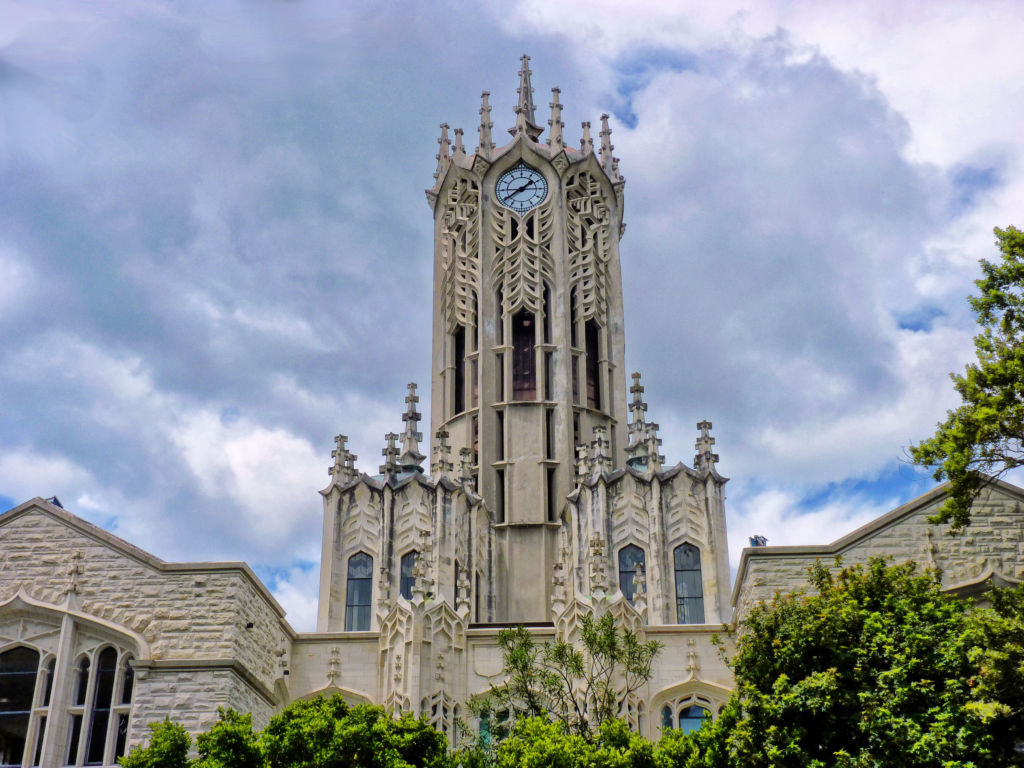Alex Davis is a business executive and director of several companies in New Zealand and overseas. He explains what he believes is one of the root causes of the issues currently confronting the West.
As any number of graduation speeches formulaically tell you, the purpose of
Except of course that’s not actually the case. Six decades of research from the United States clearly demonstrate that universities and academics are frequently heavily biased and skew overwhelmingly to the political left.
In 1955 (ironically out of concern that right-wing McCarthyism was negatively impacting academic freedom) Paul Lazarsfeld led the first systematic attempt to poll academic political leanings. Lazarsfeld surveyed 2,451 social science professors. He found they leaned left (liberal) to right (conservative) by a factor of 2 to 1.
In 1969 the hugely influential American sociologist Seymour Lipset surveyed over 60,000 academics in multiple fields about their political views and found that almost half of professors identified as liberal, while only a quarter identified as conservative. Follow up studies in the 70s, 80s and 90s showed an intensifying swing to the left. This trend took a sharp turn further left in the 2000s. Research from this period found that barely 12% of American university professors identified as Republican (right-wing).
Drilling down to the disciplines within universities the results were even more concerning. Researchers at George Mason University examined six fields: anthropology, economics, history, philosophy, political science and sociology. Within these
What is particularly concerning is the extremist nature of left-wing academic bias. In 2012 UCLA’s Higher Education Research Institute found that while barely 0.4% of academics held “far-right” views, over thirty times that number (12.4%) held “far-left” views. Based on a variety of studies, the best evidence suggests that fewer than 1 in 10 professors hold conservative political, social, moral or economic views.
Regrettably, there is virtually no research on this issue in New Zealand. This is not surprising – in a small country, there is little incentive for
The clear evidence of significant and sustained left wing academic bias is deeply troubling. First, universities are the training ground for tomorrow’s leaders. Universities constantly remind us of the importance of “higher” education to open minds and critical thinking. How can you possibly get a “complete education” when almost all your teachers think one way?
Second, universities exert tremendous influence on public policy. Academics, presumed to be objective and unbiased, are frequently used by authorities to diagnose and solve social problems and issues. Given the small lobbying industry in New Zealand, universities are practically the only source of non-governmental policy research in this country. It is deeply concerning for democracy when research and commentary on policy solutions to New Zealand’s problems are formulated by people who, based on US experience, when they donate politically, donate to left
Third, universities and academics wield substantial media influence. Virtually any time a complex social or scientific issue is covered by the media, an academic will be contacted for an (apparently) objective perspective on the issue. When 9 out of 10 of those academic voices in the media are not conservative but instead offer a left-wing interpretation of the world, the public ends up with a highly biased view of that issue and potential solutions.
Deep down, universities know they are biased. When 90% of your colleagues lean left, it is impossible not to know. They also know they can’t possibly admit it because a university’s single most important asset is the appearance of objectivity and open-mindedness. We know this because of a very simple thought experiment: Imagine if after every media statement issued, every research paper produced, every shiny under-graduate prospectus printed, the university had to state: “Based on six decades of data and multiple studies we have found that 9 out of 10 of our professors lean politically left or far left.”
They won’t of course: that would be telling the truth.

